Blog
Honoring Our Veterans
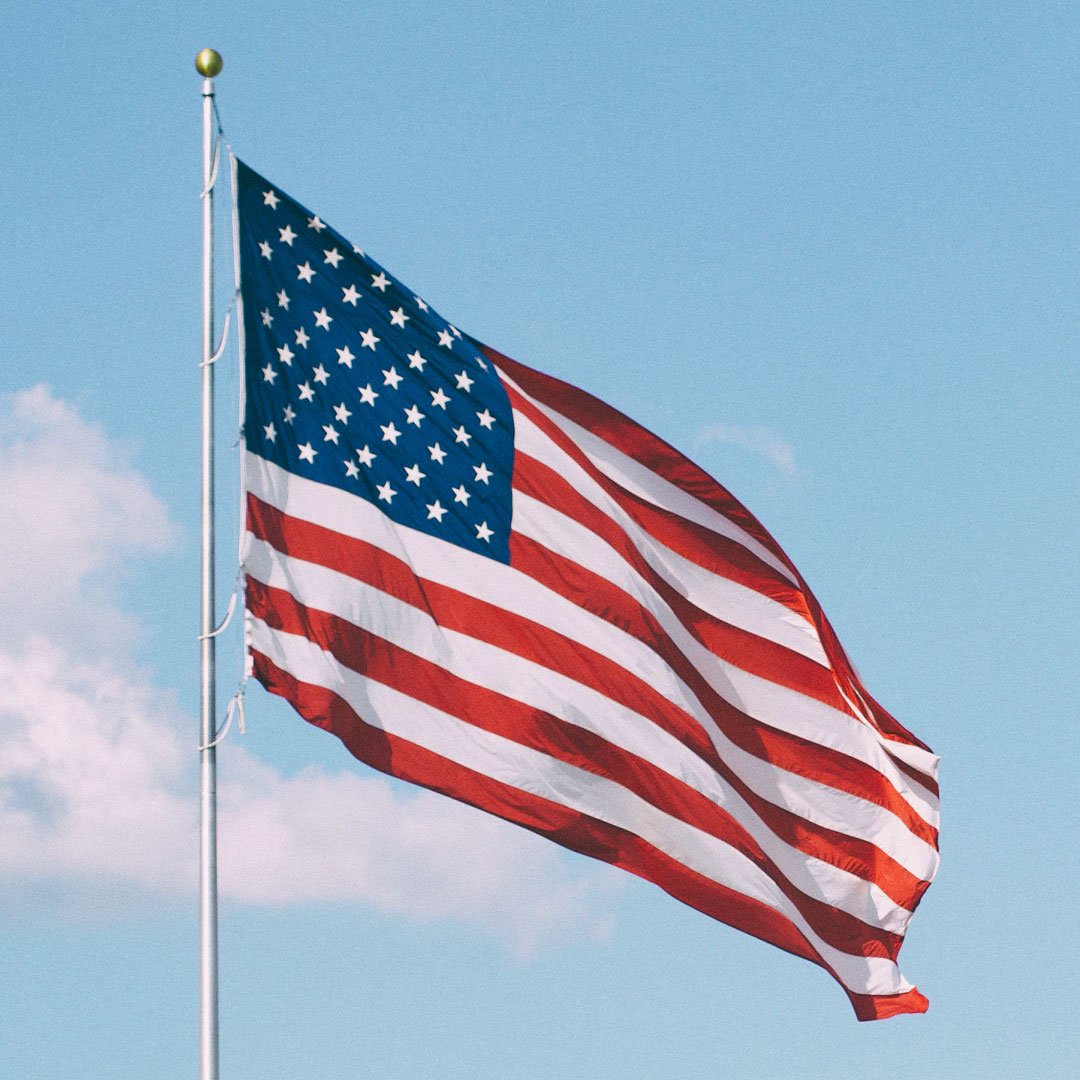
In honor of our veterans, we sat down with Eagle Crusher team members who have served in the military to speak with them about their experiences.
Over the past 40 years, they each have trained and worked across the nation and around the world, operating in a wide variety of strategic roles.
All the while, their experiences fostered traits that many of them now share: discipline, respect, accountability, comradery, and an appreciation for the privileges of our country.
Below is a collection of our conversations that provide a glimpse into their service:
Brandon
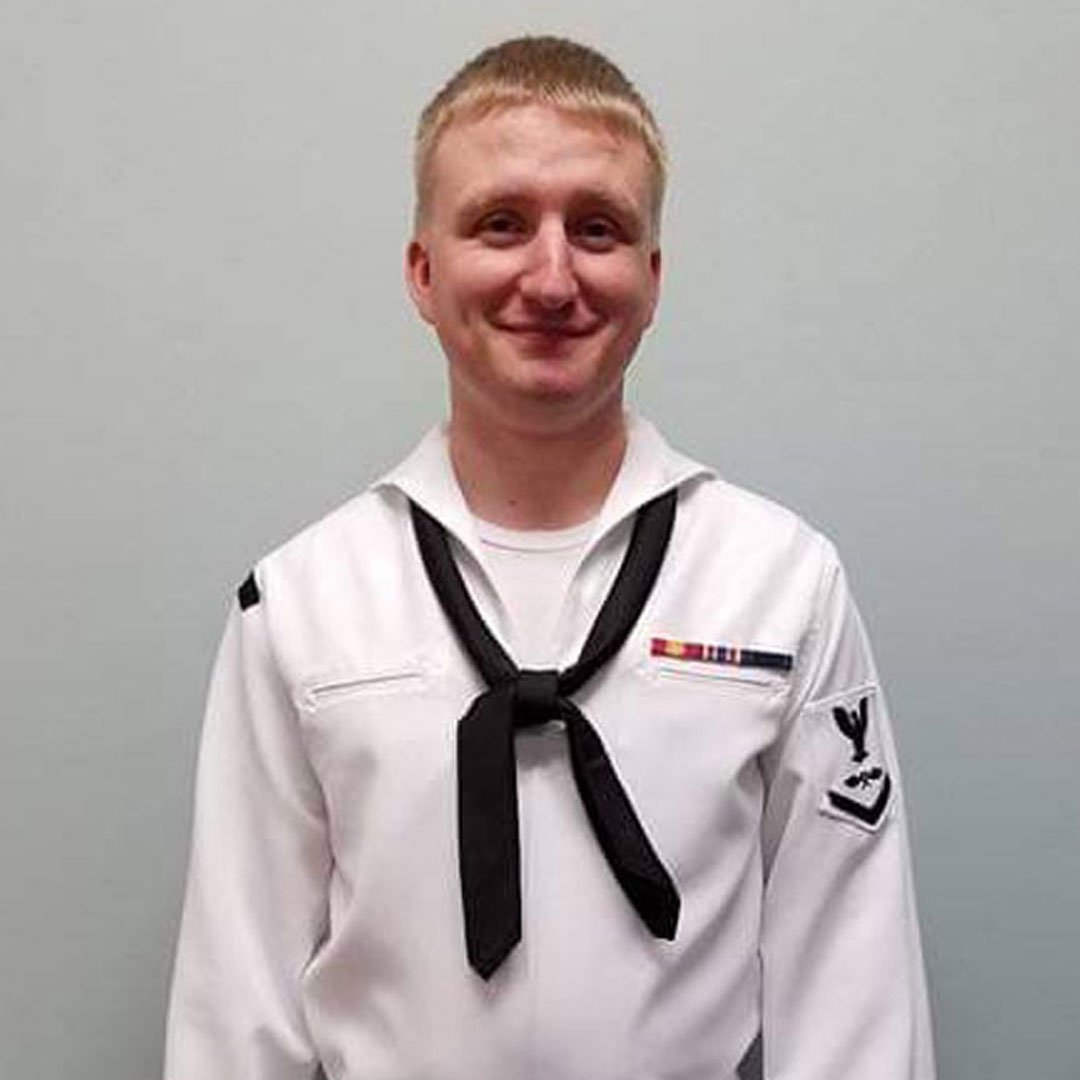
In which branch of the military did you serve?
US Navy (2013 – 2017), IRR (2017 – Present)
What motivated you to join the military?
One of my good buddies had joined. We were in the same class and graduated the same year, and he got me to go to his recruitment meetings. He was the main reason I went in—the other reasons were to be out on my own and the benefits, really.
What was your primary role?
I went to school for aeronautical welding, and I served as an aviation mechanic. I’d be on base fixing whatever gets broke.
Where did you spend the majority of your time?
Being in the Navy, I know it’s kind of funny, but I hate being on water. I got lucky—I spent 9 months down in Pensacola, Florida for school and the rest of my time over in New Jersey.
How does your military experience affect your life today?
I carry a lot of my military experience with me—the discipline I was taught, respecting authority—definitely a lot of respect, having respect for others.
John
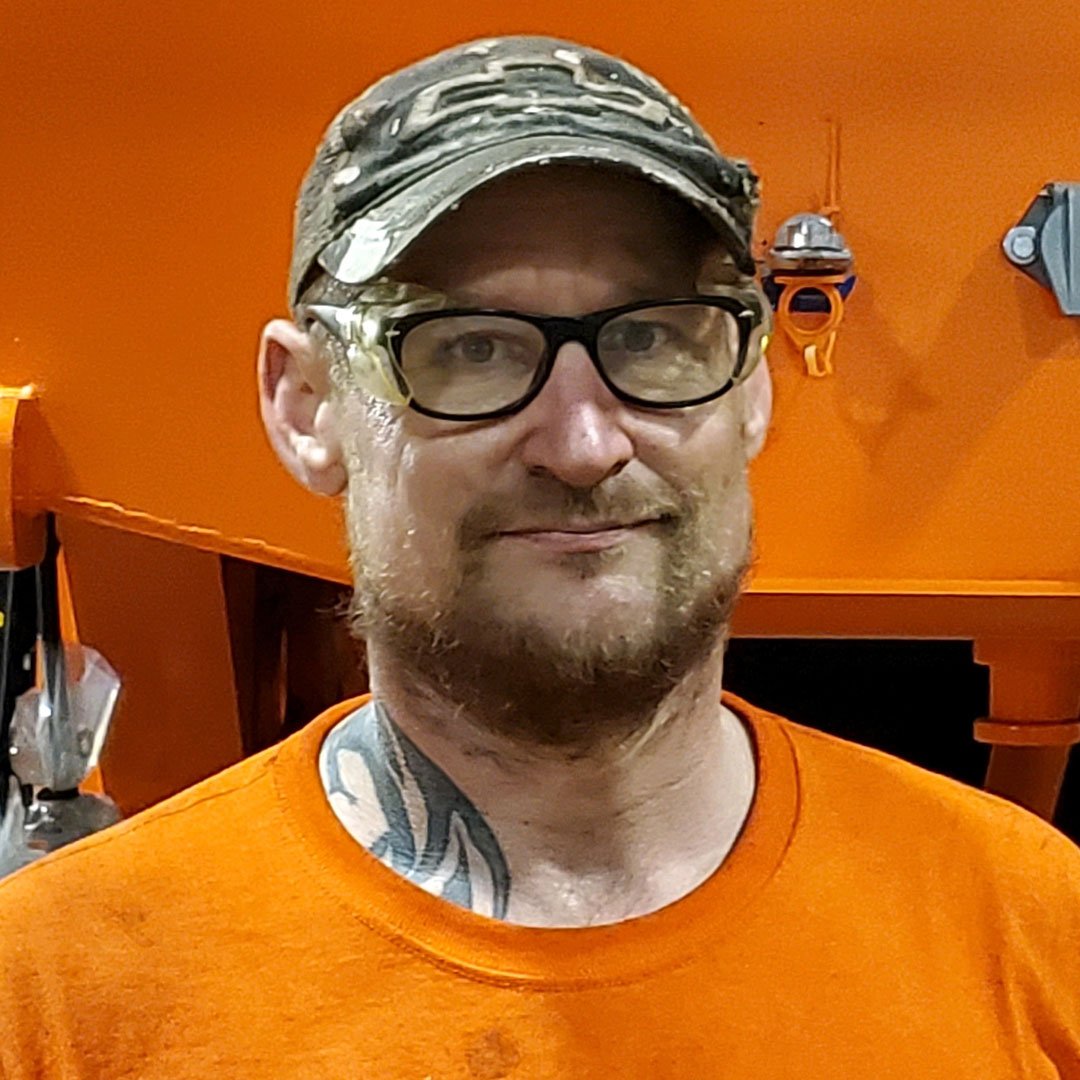
In which branch of the military did you serve?
US Marine Corps (1996 – 2000)
What motivated you to join the military?
I was from a small town—not much going on—and I just decided to go. It’d be something different, to travel and meet new people.
What was your primary role?
0311 infantry—pretty much weapons, learning about weapons. I was in a scout sniper platoon. I was a scout sniper. Whatever they called for, we went and did.
Where did you spend the majority of your time?
I was over in Okinawa, Japan for 6 months. It was a learning experience; it was a great time. I really enjoyed it—the different culture, the food, the people. Seeing how their customs compared to ours.
How does your military experience affect your life today?
My priorities—accountability, making sure my work area is clean. Almost every aspect of my life triggers some kind of experience from my time with the military.
Mick
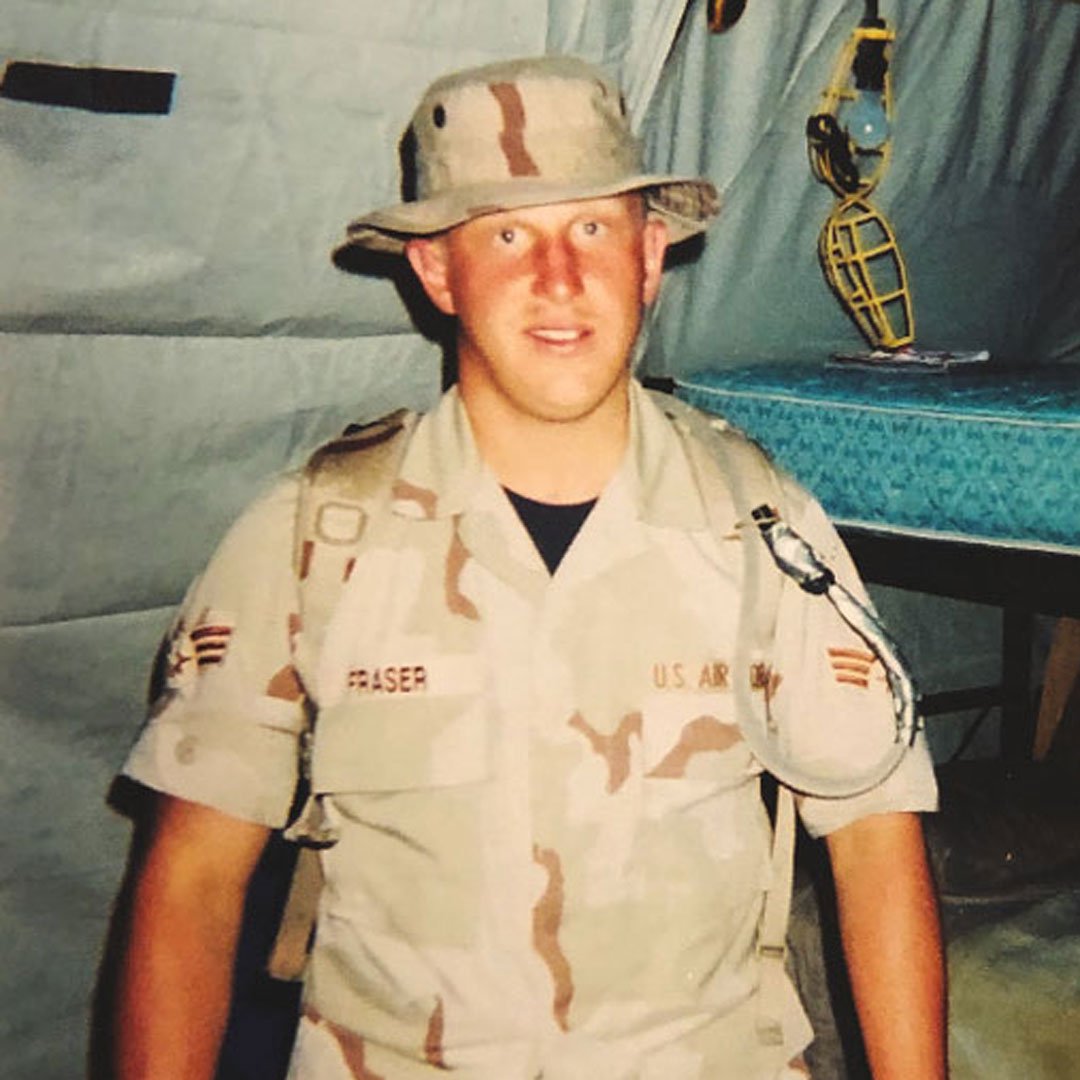
In which branch of the military did you serve?
US Air Force (2002 – 2008)
What motivated you to join the military?
College was intimidating, and I think my wild side was starting to show. It was stressful trying to prepare for college. I had a couple buddies who were going into the military, and September 11 had just happened. So, I think it was a combination of worrying how well I’d do in college and wanting to kick some terrorist a**.
What was your primary role?
I was an aircraft maintainer on the refuelers, so the KC-135 Stratotanker—sometimes they fly over here. General maintenance of tires, hydraulic accumulators—basically preparing the aircraft for flight.
Where did you spend the majority of your time?
I went to boot camp, and then tech school was about 4 months long. And then I went to Georgia where I was stationed for the whole time at Robins Air Force Base. While I was there, I was deployed to Turkey for 30 days, and I was deployed to Qatar in the Middle East for about 4 months. And then I did 2 tours on a tiny island called Diego Garcia in the British Indian Ocean—we were refueling B-52 bombers going into Afghanistan in direct support of Operations Iraqi Freedom and Enduring Freedom.
How does your military experience affect your life today?
I became a father, I had been deployed with a lot of guys who missed a lot of things with their kids, and I wanted to be around my kids after deployment. Organization—I’m a stickler with certain things. I like organization, I like structure. I think that helped with raising my kids. I met a lot of amazing people from all over the world. It makes me appreciate things, being out there in different conditions and seeing parts of the world that aren’t so fortunate and don’t have the freedoms we have here.
Scott
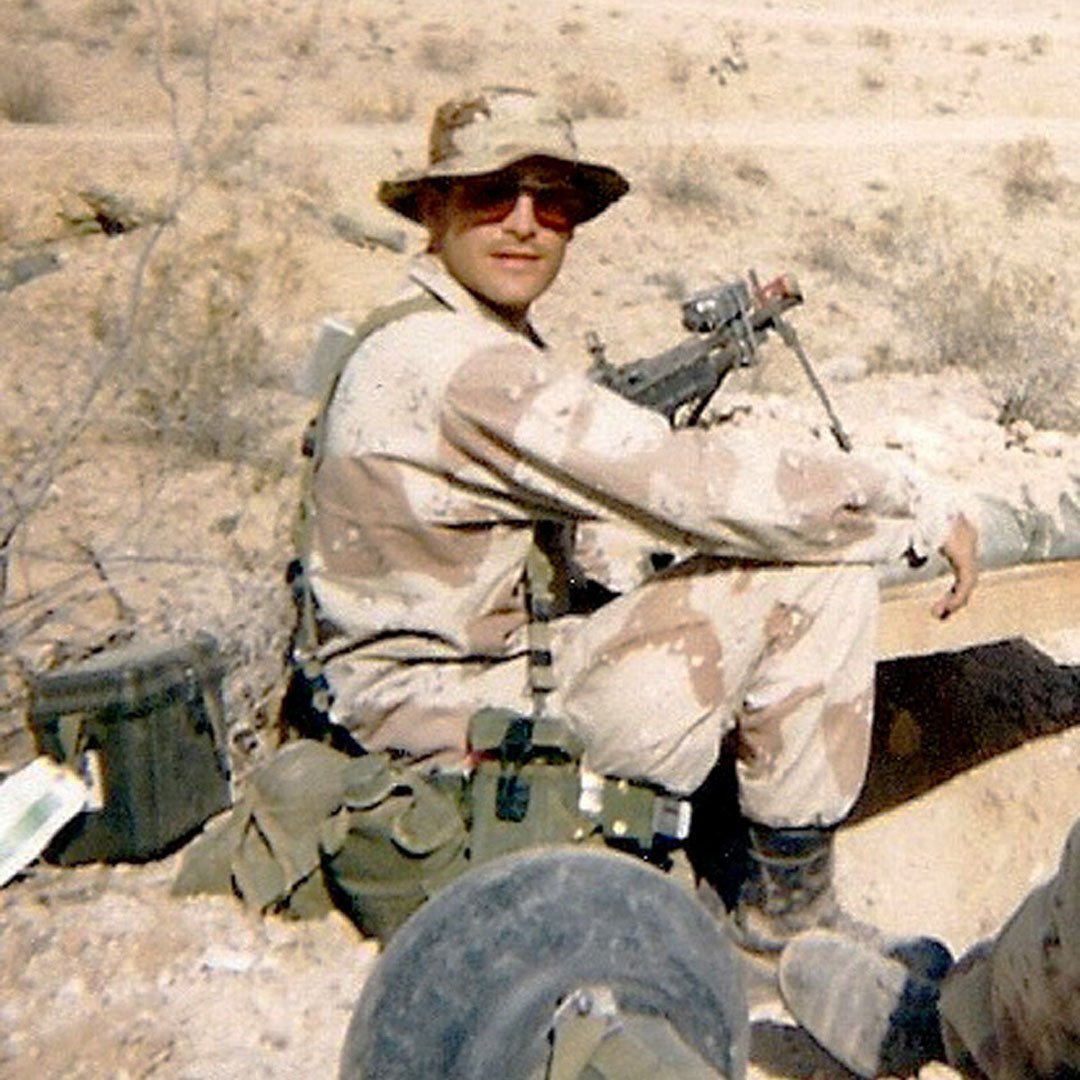
In which branch of the military did you serve?
US Army (1992 – 1996), Ohio National Guard (1996 – 1999)
What motivated you to join the military?
It was passion that I had, something I always wanted to do. When I turned 18, even though I had a year of school left, I signed up.
What was your primary role?
11B infantry. Being in the infantry, the skills you’re learning is how to shoot, how to set mines, how to detect mines.
Where did you spend the majority of your time?
I spent almost all of my time in Germany. It was a base called Hohenfels, Germany, which was a training facility. So, basically, anyone that was getting deployed overseas to Iraq or Afghanistan, a lot of them came through our base to get specific training for what they may come across in those countries.
How does your military experience affect your life today?
I think it’s made me more attentive to detail. It’s also affected me in a way with comradery, there’s a lot of comradery in the military—I still keep in contact with a lot of friends I made, a lot of good people. It was definitely a great experience. I would do it all over again if I was younger.
Danny
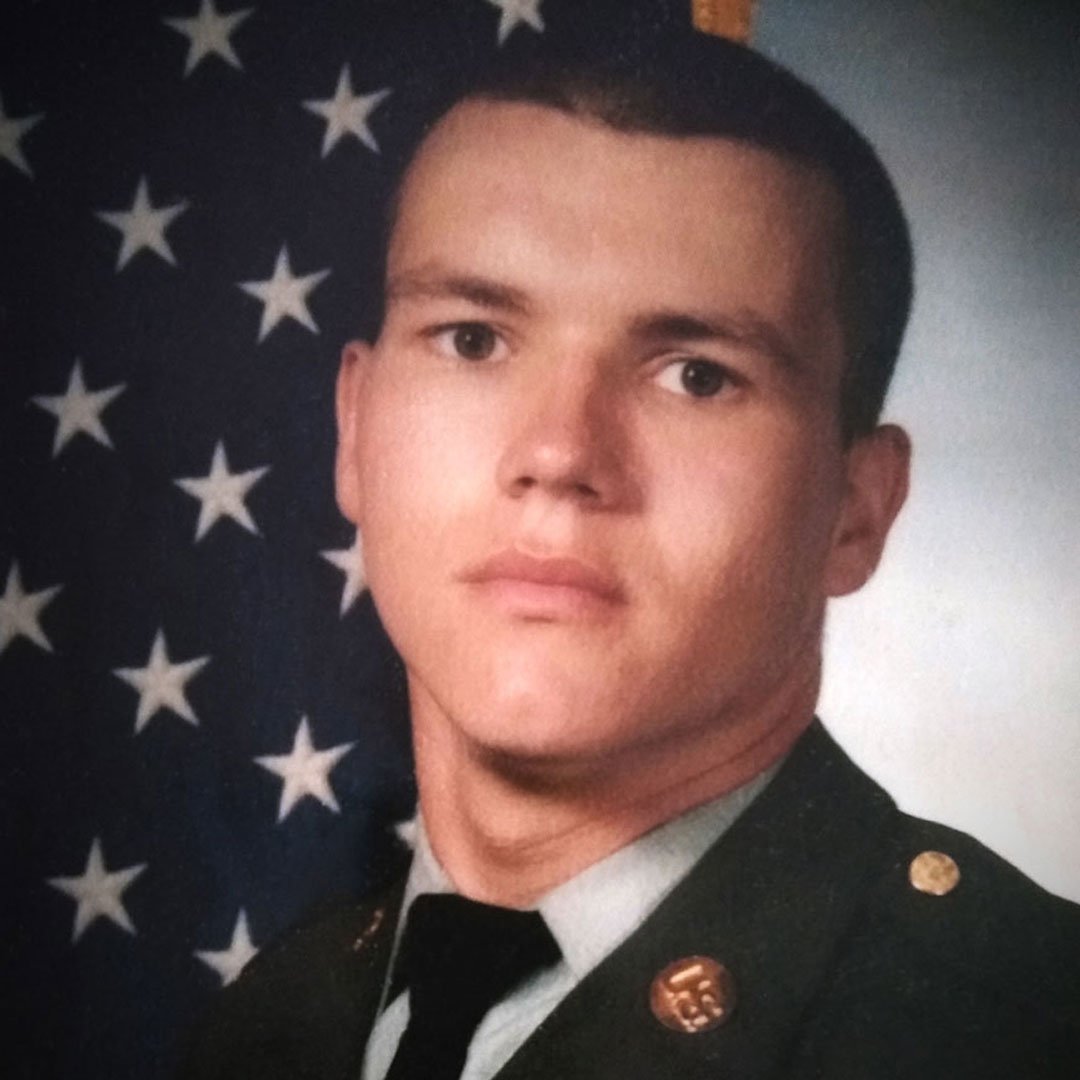
In which branch of the military did you serve?
US Army (1989 – 1992)
What motivated you to join the military?
I always thought service was a good thing, you know, to serve your country—it was the honorable thing.
What was your primary role?
My actual job was communications, working on radios, but I actually worked in a company office for the whole time I was in, believe it or not. The military was just getting into computers, and they had a lot of people in the office that didn’t know how to operate computers; so that’s one of the things I volunteered for. They were transferring all their paper files to the computers, and I had taken data processing in high school at Pioneer, so I worked in the office as a company clerk for 3 years.
Where did you spend the majority of your time?
Panama—I was in Operation Just Cause at Panama. It was one of the first combat units that got a combat patch after Vietnam. I always say you don’t know what you got until you lose it; to be in a third-world country like that and see things that other people live with is different. Even the poorest people in our country have it great compared to the third-world countries.
How does your military experience affect your life today?
It made me a better person, it made me grow up. It gave me a sense of duty and honor to whoever I work for—I guess that’s why I’ve been with Eagle for so long.
Pat
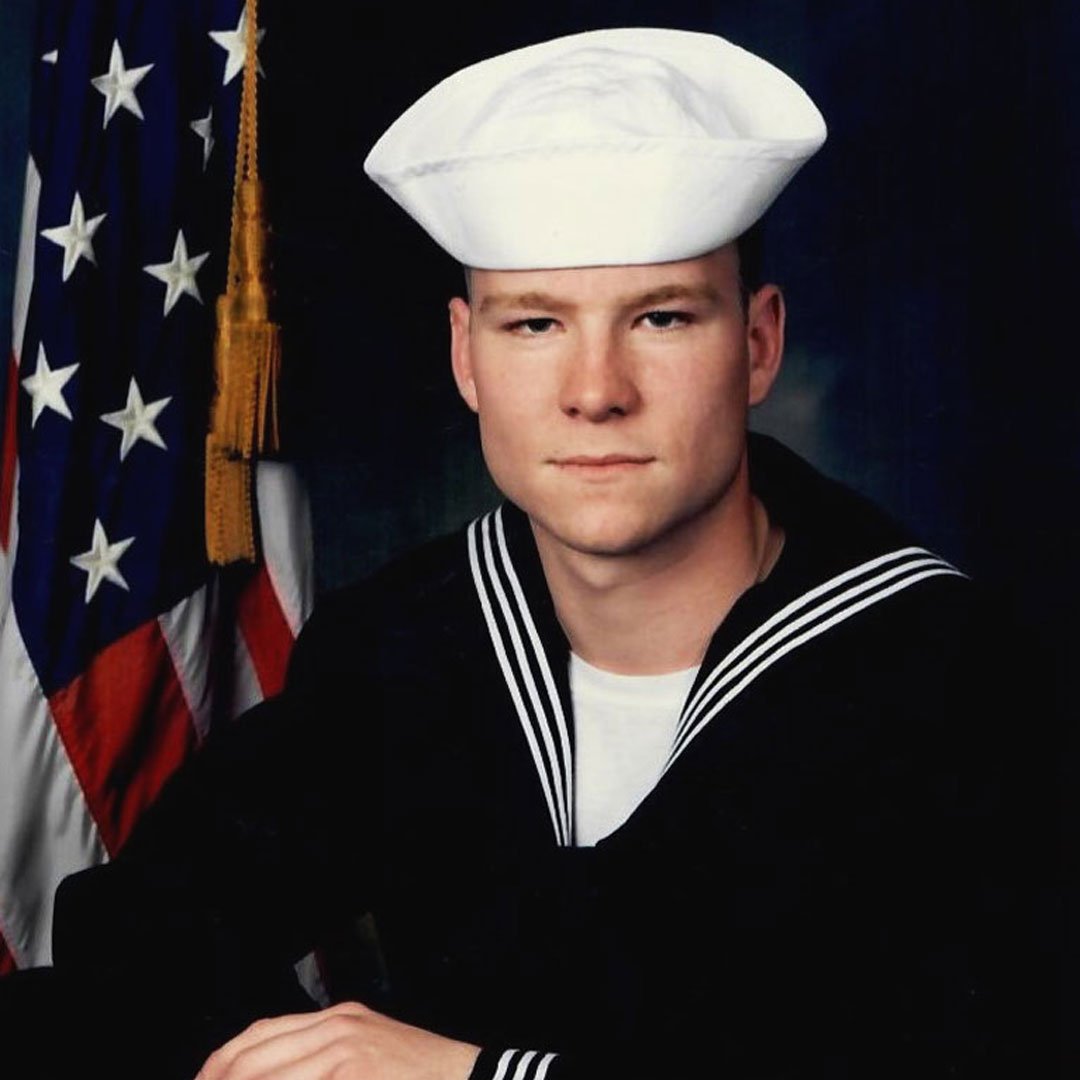
In which branch of the military did you serve?
US Navy (1991 – 1995)
What motivated you to join the military?
My brother was in. Father served in the Army. Money for college.
What was your primary role?
Operation Specialist (OS2/E-5), Combat Information Center (C.I.C.)
Where did you spend the majority of your time?
USS Fort McHenry (LSD-43), San Diego, CA
How does your military experience affect your life today?
Discipline, organization, greater appreciation for what I have, traveled the world at a young age, and met people from different walks of life.
Chris
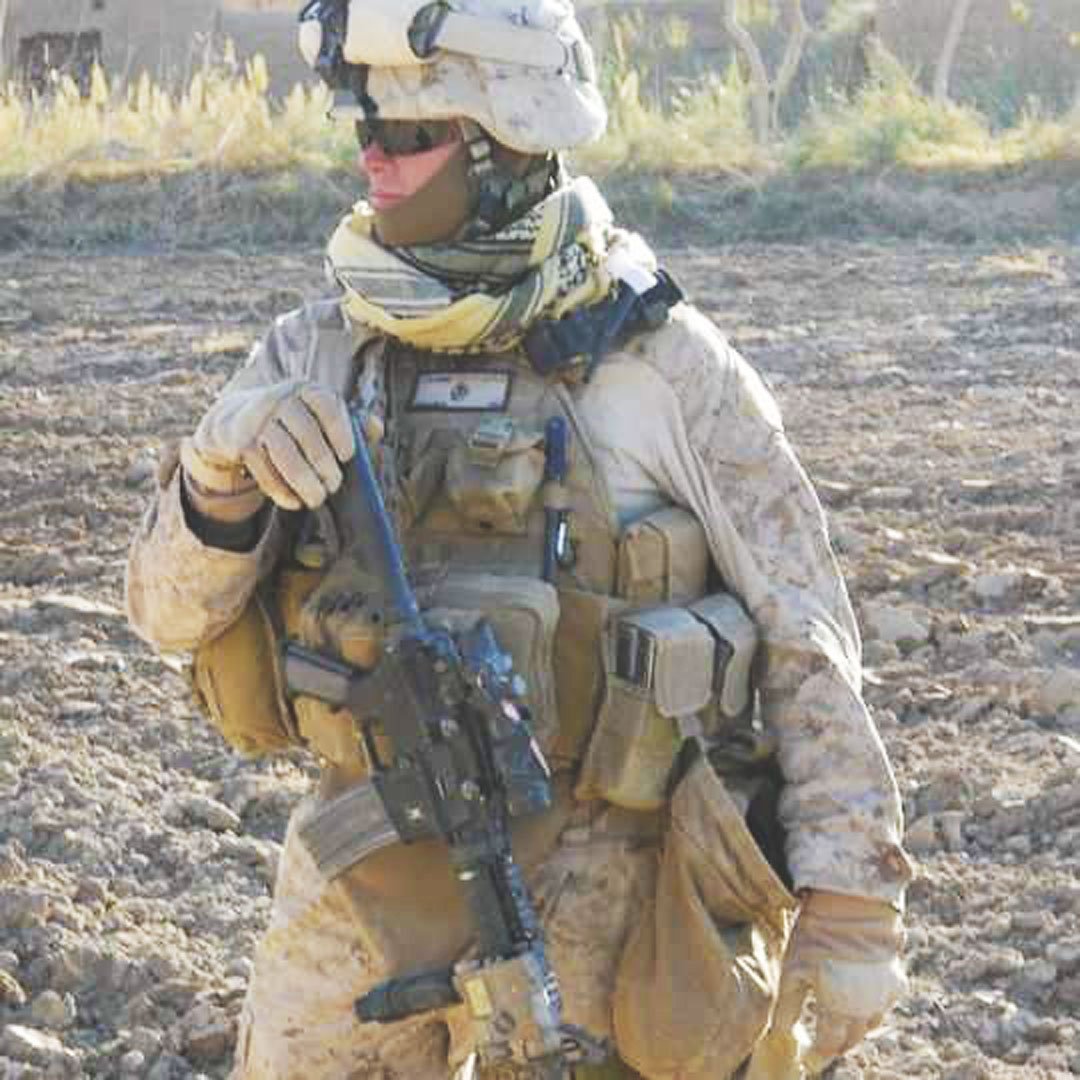
In which branch of the military did you serve?
US Navy (2006 – 2012), IRR (2016 – Present)
What motivated you to join the military?
Probably to help me grow up a little bit, also to take care of my family a little bit better. I had a one-year-old at the time, so I wanted to do something to get him locked in with everything the military has to offer families. Definitely to serve my country, I wanted to be a part of that.
What was your primary role?
I was a naval corpsman, 8404, greenside, Fleet Marine Force—so, I did all the combat medicine for the Marine Corps. I went with them into any war zones that they went into and made sure they all came back.
Where did you spend the majority of your time?
Here in the states, I did Camp Lejeune, I did Twentynine Palms. I spent some time in Groton, Connecticut, where I actually got to go on a 6-month deployment to South America. And then I did a year deployment to Afghanistan at Camp Leatherneck.
How does your military experience affect your life today?
It definitely made me grow up. It made me want to help other people outside of the military, veterans mainly. I’m a big part of the VFW here in town. I served as Commander and Vice Commander on that—right now, I’m Vice Commander, so I’m still doing lots of things for veterans.
Andrew
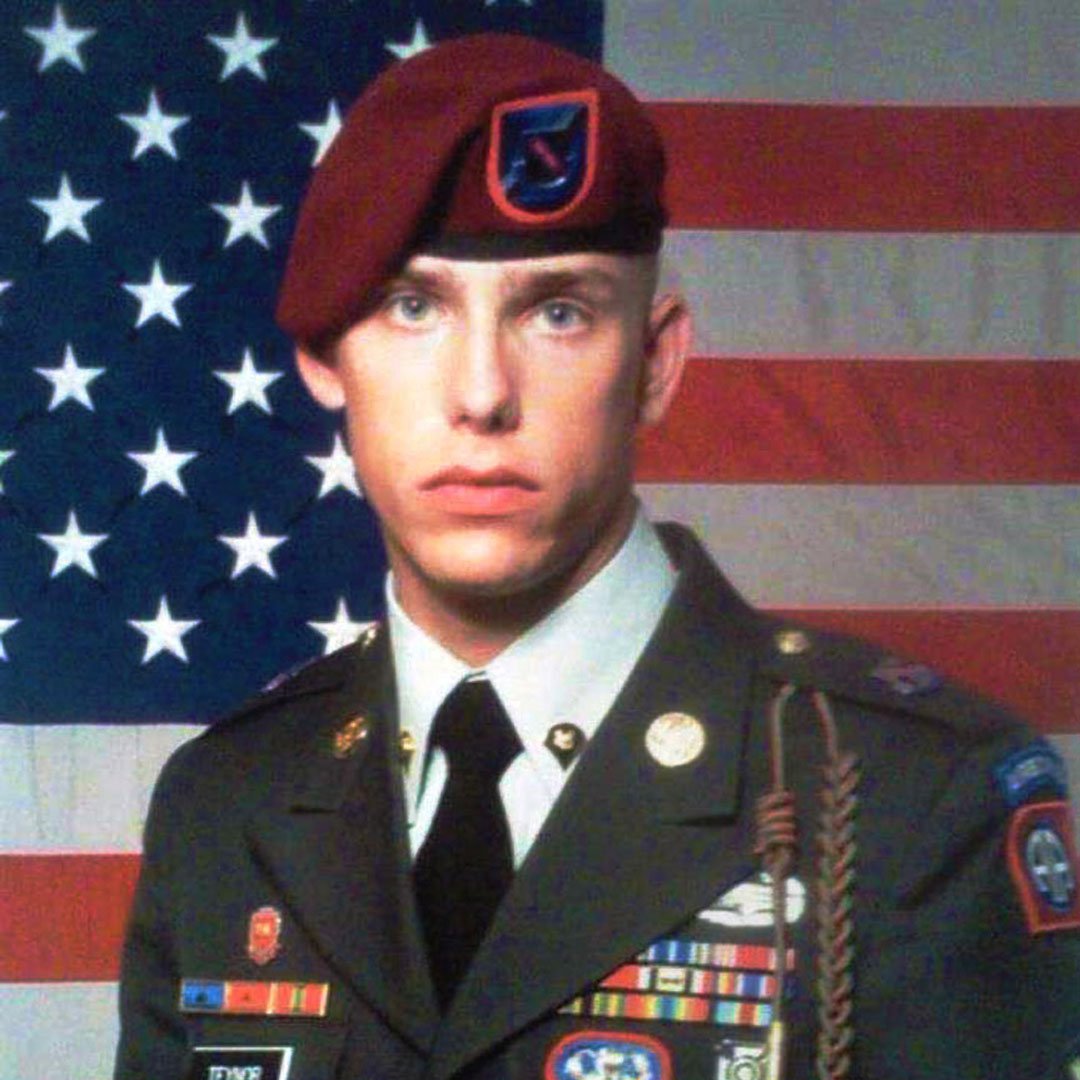
In which branch of the military did you serve?
US Army (2007 – 2011)
What motivated you to join the military?
A combination of things. My whole family was military—Marines, Army, Air Force, Navy—I have a massive family, so I was just around the culture a lot. At the time too, when I graduated, there was no work whatsoever, so I wasn’t just going to go into college. I think those 4 years definitely gave me time to think about what I wanted to do.
What was your primary role?
First, I went to Fort Leonard Wood for heavy equipment, which is like construction with the Army Corps of Engineers. Then I went to airborne school at Fort Benning. I had decided to go to airborne school because the recruiter had convinced me that you get a little extra money to jump out of planes; he said you only have to do it 5 times to get your jump wings. But then I get sent to an airborne unit where they’re just consistently jumping and training and jumping and training, and I’m like, I didn’t sign up for this! ha ha—that was fun.
Where did you spend the majority of your time?
After about a year and a half of training, I went to Fort Bragg, North Carolina, and that was my unit for a majority of the time. It’s a massive military base that houses special forces like paratroopers. It’s more secure than other bases. During my time at Fort Bragg, I was deployed to Baghdad for a year.
How does your military experience affect your life today?
I’m more appreciative of everything that I have—I think people take more things for granted, especially time. It definitely changed me for the better. Networking: I have a whole army of friends now. The military is large culture, you have people from big cities and small towns of all creeds and races.
Perry
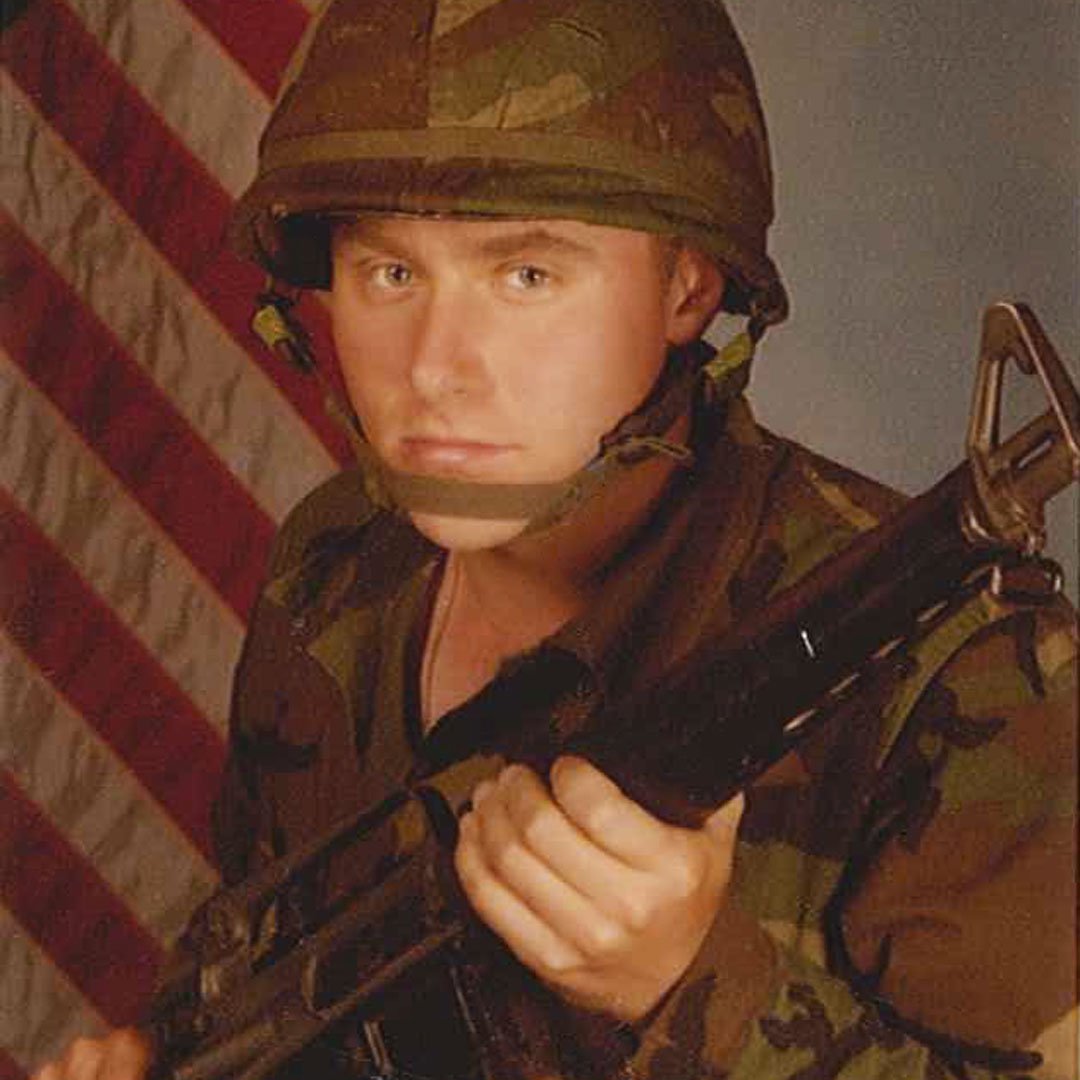
In which branch of the military did you serve?
US Army (Early to Mid ‘80s), 3 Years Active and 3 Years IRR
What motivated you to join the military?
Number one, to serve my country. Other things that threw me in—I was out of work, and I needed to grow up a little bit—and all the other things it helps you do.
What was your primary role?
I was a 63Y heavy track mechanic. M60 tanks, APC personnel carriers, AVLBs—anything associated with engineers, and then I cross-trained for M1 tanks.
Where did you spend the majority of your time?
Fort Carson, Colorado. It was a pretty place, and I liked it out there—I enjoyed the duty. And then I did a little bit of overseas duty, over in Germany.
How does your military experience affect your life today?
It helped me become a better person—more trustworthy and more dependable. It helped me on my chosen job career in the electrical and hydraulic field.
Eagle Crusher is grateful to work alongside our veterans who provide an abundance of skills and experience accumulated from their time in service to our nation.
To all the men and women of our team, our community, and our country who have made the sacrifice to serve, we thank you.

